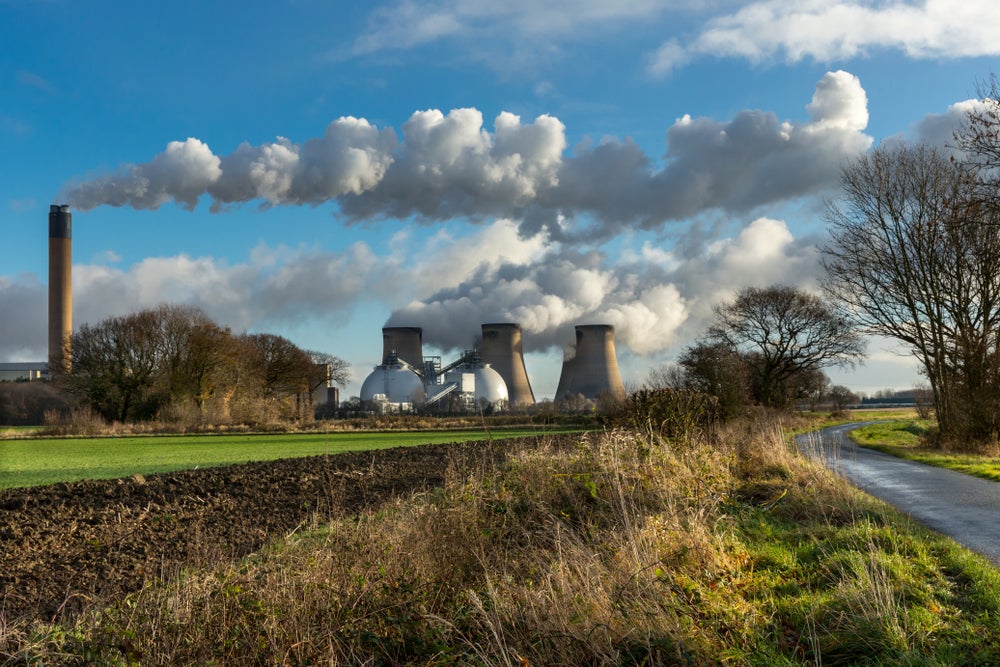
UK power generator Drax has been accused of costing consumers more than £600m ($760m) after choosing to not run its Unit 1 biomass power plant in North Yorkshire in the north of the UK.
The company was accused by the UK’s Liberal Democrat leader, Ed Davey, of acting “against the national interest” and “gaming the system” even though it has not broken any rules.

Discover B2B Marketing That Performs
Combine business intelligence and editorial excellence to reach engaged professionals across 36 leading media platforms.
According to an investigation into the company, Drax received £1.4bn in green energy subsidies from consumers under the agreement that if production at its Unit 1 generator was profitable without the subsidies, earnings would be capped and the extra profits would be returned to bill payers.
Instead, once Unit 1 reached this point, production was slashed and the company used other generators that did not have production caps.
Reporters concluded that this resulted in an estimated £639m that Drax avoided sending to bill payers as of July.
Drax said in a statement that this number was “fictional” and the findings of the investigation are “false, inaccurate and misleading”. According to Drax, the reason that Unit 1 was not operating was because it is “generally uneconomic to operate” due to reduced biomass supply.

US Tariffs are shifting - will you react or anticipate?
Don’t let policy changes catch you off guard. Stay proactive with real-time data and expert analysis.
By GlobalDataThe Unit 1 power plant negotiated a contract for difference (CfD) with the UK Government when Davey was the UK’s Energy Secretary in 2014. The subsidy contract is designed to guarantee that providers receive a fixed price from consumers for power to cover running costs.
“We kept the CfD unit in reserve, available to either cover an unexpected outage of one of our other units, or to be dispatched in times of system stress,” said Drax in a statement sent to Power Technology. “The unit did run in line with its availability when system margins were tight and prompt prices made it economical.”
Drax’s adjusted earnings soared 84% to £731m in 2022 while UK households struggled with the costs of rising energy bills.
The controversy is not the first this year for Drax. The power company was investigated by UK industry regulator Ofgem this June for its use of the renewable energy subsidy scheme. Critics argue that the wood pellets burnt by the company are not in fact “green” as they are produced from old, slow-growing trees imported from the US and Canada, and that the company should therefore not be eligible for the scheme.





